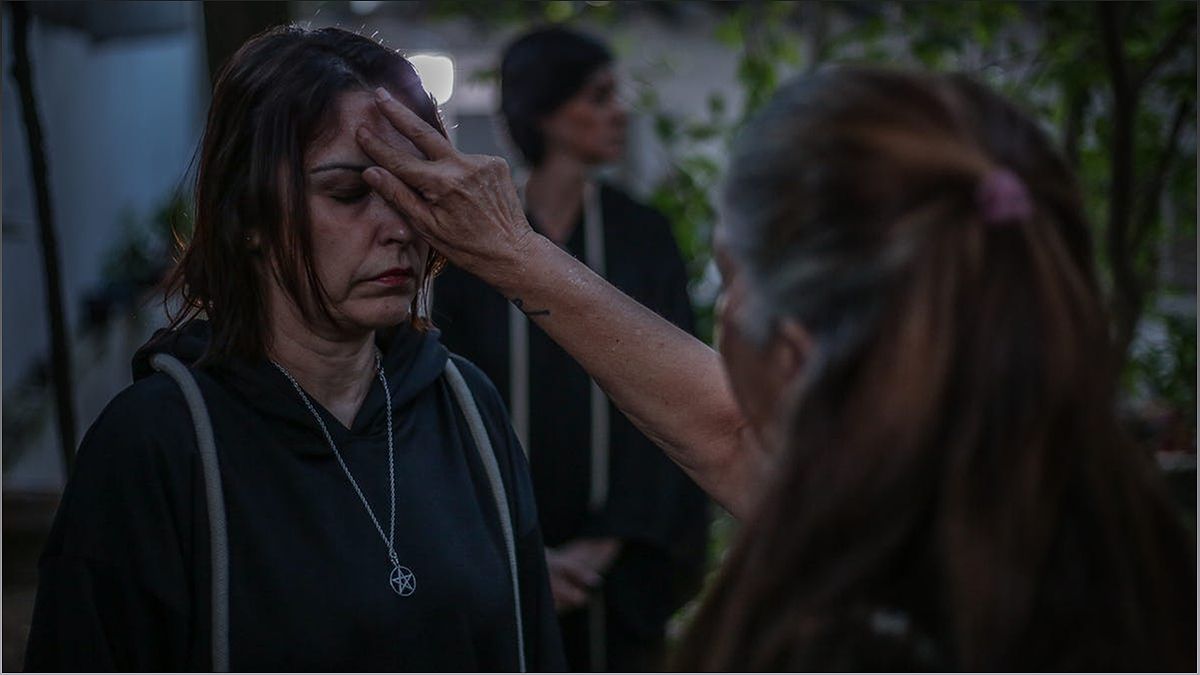Imbolc is a traditional Gaelic festival that symbolizes the growth of new life and the onset of spring. Celebrated on Feb. 1, this festival holds deep cultural and religious significance for both pagan and Christian communities. Learn about the festivities, rituals, and traditional dishes associated with Imbolc, and join the upcoming celebration in Ann Arbor to experience the sense of community it fosters. Discover the fascinating blend of Celtic and Christian traditions that make Imbolc a unique and vibrant celebration.
The Significance of Imbolc
Imbolc holds deep cultural and religious significance, symbolizing the growth of new life and the beginning of spring. This festival, celebrated on Feb. 1, is rooted in Celtic traditions and is observed by both pagan and Christian communities.
For pagans, Imbolc represents the Celtic goddess Brigid, associated with fire and fertility. Christians also celebrate this day as the feast day of St. Brigid, the patroness saint of Ireland. The festival serves as a bridge between ancient pagan customs and Christian traditions, showcasing the rich cultural heritage of Ireland and other Celtic regions.
Imbolc Festivities and Traditions
Imbolc celebrations typically include a variety of activities such as music, food, festivals, lectures, and more. One popular tradition is the special meal, featuring key dishes and beverages associated with the festival.
Another important aspect of Imbolc is the act of spring cleaning, which symbolizes purification and renewal. Many people also visit springs, rivers, or wells, considering them sacred sites of purification and fertility.
Both pagan and Christian communities have their own customs during Imbolc. Christians often weave Brigid crosses and hang them over doors and windows for protection, while pagans may engage in fire rituals and create Brigid straw dolls.
Imbolc Celebration in Ann Arbor
Join the upcoming Imbolc celebration in Ann Arbor, where the local pagan community comes together to foster a sense of community and celebrate the festival.
An upcoming celebration is being planned in Ann Arbor to mark Imbolc. The event, organized by Nora Farley, a master's music student at the University of Michigan, aims to bring together pagans and those interested in learning more about the festival.
The celebration will feature singing a variety of songs for Imbolc, creating a communal experience for attendees. It will be held at conference room A on the fourth floor of the Ann Arbor Downtown Library, providing a welcoming space for the local pagan community to gather and celebrate.
The Blend of Pagan and Christian Traditions
Imbolc showcases the unique blend of pagan and Christian traditions, particularly through the figure of Brigid. For pagans, Brigid is the Celtic goddess of fire and fertility, while Christians revere her as St. Brigid, the patroness saint of Ireland.
Both pagan and Christian communities honor Brigid during Imbolc, highlighting the interconnectedness of ancient pagan customs and Christian beliefs. This fusion of traditions adds depth and richness to the festival, making it a truly inclusive celebration for all.
Delicious Imbolc Recipes
Imbolc is known for its delectable cuisine, featuring a range of ingredients such as buttermilk, honey, cream, seeds, and more. Traditional dishes include rosemary oat bannock, barley pies, and fresh cheeses.
For those looking to put a creative twist on traditional recipes, options like kimchi oatmeal bowl or gorgonzola Focaccia offer a unique fusion of flavors. Imbolc is a time to indulge in delicious treats and celebrate the abundance of the season.

